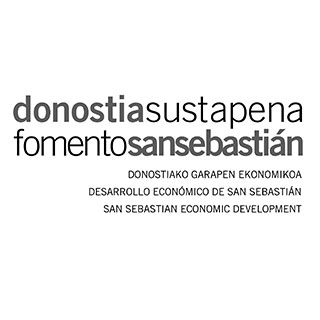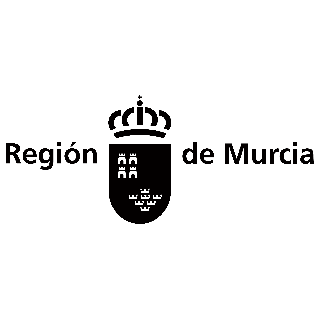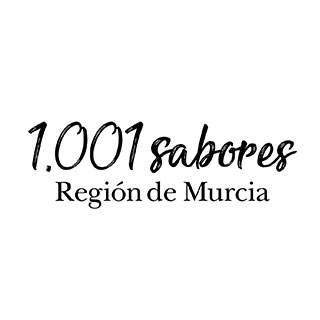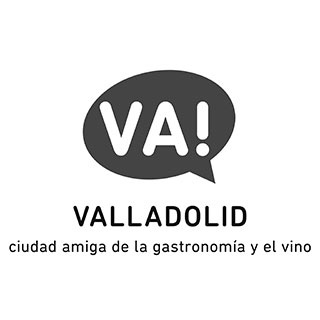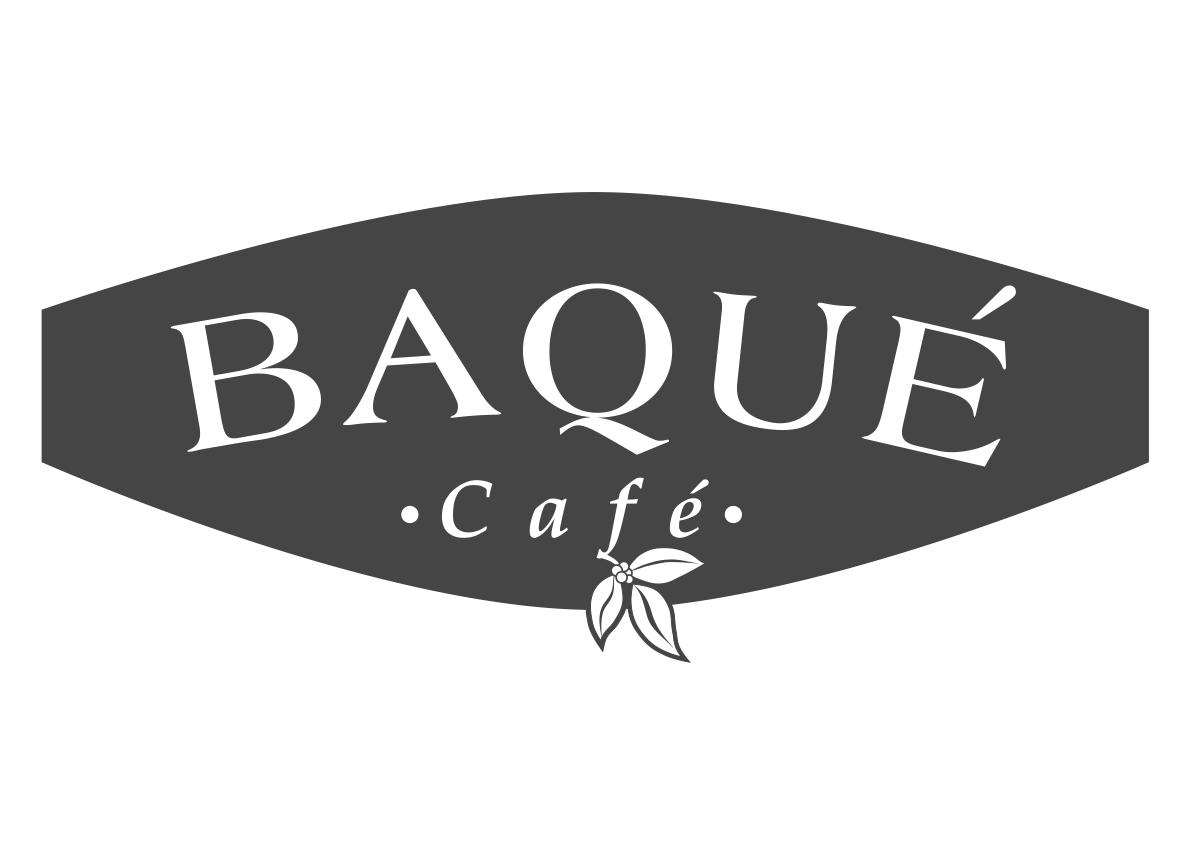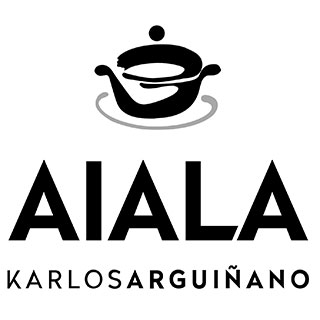GASTRONOMIKA 2020
Unorthodox, post-bistronomic chefs: Cuisine with the flick of a wrist

Six restaurateurs that rather than lapsing into navel-gazing, they take a back seat to the customer and the product, and just get on with cooking.
They stick to what they know.
“Unorthodox, post-bistronomic chefs: Cuisine with a flick of the wrist” is a 29-minute-long report directed and scripted by the president of the Gastronomy división at Vocento, Benjamín Lana, with help in the interviews and texts from the journalist Xavier Agulló. Six professionals from five establishments are taking part in this; six restaurateurs who “now form part of a group that has no name or leaders, in which each of them tries to follow a path of their own but certain common features can be seen such as the search for what is authentic, handcrafted and spontaneous”, they explain.
According to Lana, “a new wave of chefs is starting to emerge who come down to earth and sit with their diners on an equal footing, chefs who find a meaning and satisfaction with deep roots in their local areas, freed from the tyranny of set ways of doing things and committed to the pleasure of cooking with their own hands”. To represent them, Rafa Peña (Gresca, Barcelona), Pedro Sánchez (Bagá, Jaén), Carlos Torres and Elisa Rodríguez (La Buena Vida, Madrid), César Martín (Lakasa-Fokacha, Madrid) and Jordi Vilà (Alkimia-Al Kostat, Barcelona) take part in the video.
Divided into subjects, although a thread providing continuity runs through them, the interviews are successively combined to portray the reality of a collective that “isn’t aiming to win three stars”, Peña explains. It’s a collective that doesn’t like “the touch of anguish that comes from needing everything to turn out perfectly, and just how inhibited haute cuisine is compared to ours, where we change the menu if we see that you’re not enjoying it”, Sánchez says. A group that is proud to feed people and “to customise the service, unlike other restaurants that are almost like industrial processes, where all the tables are the same and not even the slightest mistake is allowed”, they point out at La Buena Vida.
This is handcrafted cuisine, “with no preset recipes or weights of ingredients”, “because sometimes a cauliflower requires five minutes and on other occasions ten minutes. And the chef has to be there to see this and change it”, Sánchez and Vilà coincide, and the latter also assents to “letting the customer play the leading role and getting the chef to take a back seat. Customers need to eat the way they want; not the way the chefs wants them to”. Basically, Martín interjects, “it’s all about being honest, and realising that we are dealing with people”. In his case, he continues, “I have customers who come here four times a week. I always change the menu for them. Their health is in my hands. And this relationship is magical”.
It’s a much more direct relationship with the public, “more sincere”, as the chef from Lakasa puts it, that rejects established formalities. “Why do I have to add a side dish to this quail? That’s how I like it and so does my customer”. Rafa Peña is committed to turning his back on the sheer vanity that is so characteristic of other restaurants, “and focusing on other types of luxuries such as the freshness of the produce and the quality of the producer”, Vilà assents.
The six featured chefs run restaurants that opted from the time they were set up for “what was uncomplicated and simple”, for the very best produce (“Most of the budget goes on the produce, even more than on the staff”, the chef at Bagá says); restaurants that were pioneers in the trend for proximity and healthy food, the kind of restaurants “that couldn’t be replicated anywhere else, mainly because I can’t miss a sitting”, the Madrid chef Torres explains. Sánchez agrees.
“Basically – Vilà explains-, it’s all about a subtle flick of the wrist, and moving away from things that move you away from this”. It’s about being happy with yourself and the customer. Being honest about what you’re proposing and keeping your feet on the ground, financially and as far as sustainability is concerned. Unorthodox, post-bistronomic or cheap restaurants, the label that the group is given is incidental. The reality is that it exists.
The Michelin-star chef speaks on behalf of them all at the end: “This has been an awful year but it puts us in a better state of mind, it reinforces what we do in our line of work. We want to continue with this model that provides happiness”.







